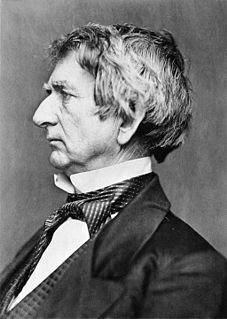A Quote by William Hazlitt
The fear of punishment may be necessary to the suppression of vice; but it also suspends the finer motives of virtue.
Quote Topics
Related Quotes
It is not only spirits who punish the evil, the soul brings itself to judgment: and also it is not right for those who endure for ever to attain everything in a short time: and also, there is need of human virtue. If punishment followed instantly upon sin, men would act justly from fear and have no virtue.
Society takes upon itself the right to inflict appalling punishment on the individual, but it also has the supreme vice of shallowness, and fails to realize what it has done. When the man's punishment is over, it leaves him to himself; that is to say, it abandons him at the very moment when its highest duty towards him begins.
The motives of the best actions will not bear too strict an inquiry. It is allowed that the cause of most actions, good or bad, may be resolved into the love of ourselves; but the self-love of some men inclines them to please others, and the self-love of others is wholly employed in pleasing themselves. This makes the great distinction between virtue and vice.



































